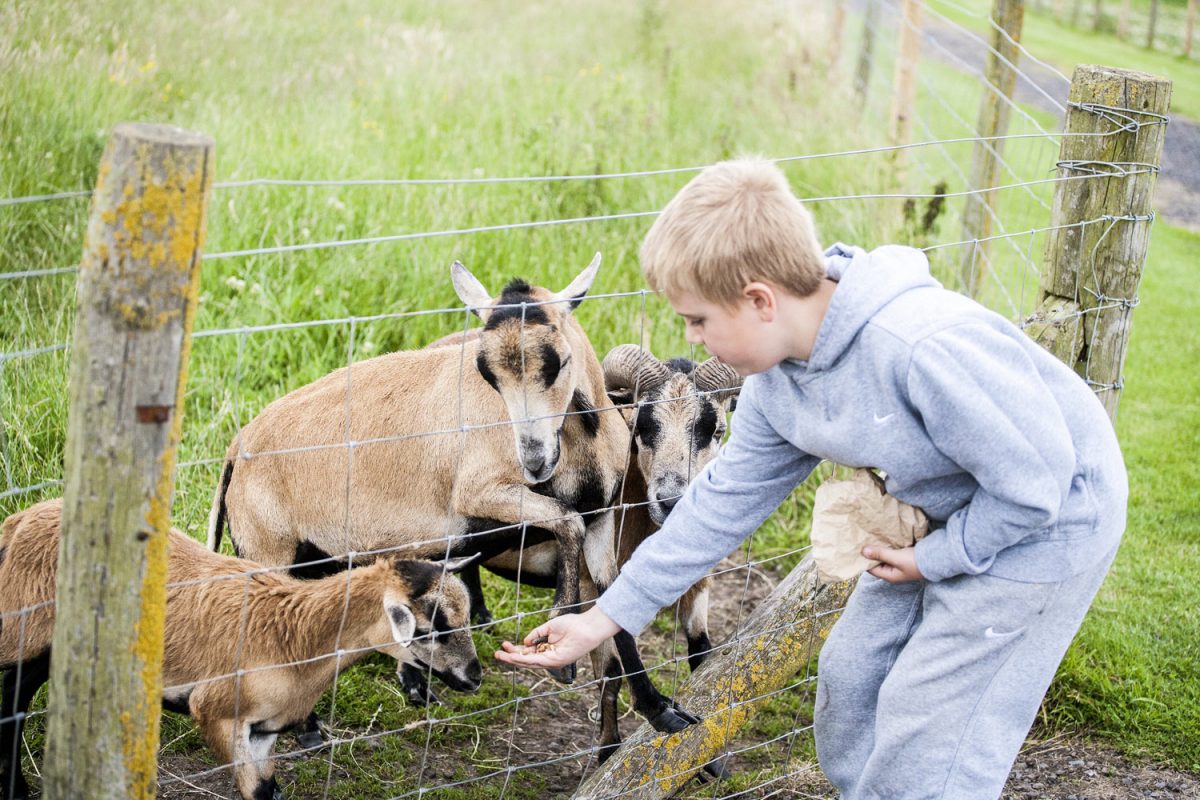In the ever-evolving landscape of agriculture, the concept of "farm and feed" stands at the forefront of sustainable practices and animal nutrition. Understanding how to effectively manage both farming operations and animal feeding is crucial for fostering a healthier ecosystem and ensuring food security. This article delves deep into the intricacies of farm and feed, exploring best practices, innovative techniques, and the importance of integrating these two fundamental aspects of agriculture.
From crop production to livestock management, the synergy between farming and feeding plays a pivotal role in enhancing productivity while minimizing environmental impact. As global populations continue to rise, the demand for sustainable farming methods and high-quality feed becomes increasingly urgent. This comprehensive guide will equip you with valuable insights and strategies to thrive in the world of agriculture.
Join us as we explore the multifaceted connections between farming practices and animal nutrition, providing you with the knowledge to make informed decisions that benefit both your farm and the environment.
Table of Contents
- 1. Introduction to Farm and Feed
- 2. Biographical Insights into Sustainable Farming
- 3. Importance of Sustainable Farming
- 4. Understanding Nutritional Needs of Livestock
- 5. Types of Animal Feed
- 6. Innovations in Farm and Feed
- 7. Challenges in Farm and Feed
- 8. Conclusion
1. Introduction to Farm and Feed
The relationship between farming and feeding is critical for the success of any agricultural operation. To optimize both crop and animal production, it is essential to understand the principles that govern these practices.
2. Biographical Insights into Sustainable Farming
Understanding the biographies of key figures in sustainable agriculture can illuminate the path forward. These pioneers have contributed significantly to developing innovative farming techniques that balance productivity with environmental stewardship.
| Name | Contributions | Field |
|---|---|---|
| Dr. Vandana Shiva | Promoted organic farming and biodiversity | Sustainable Agriculture |
| Joel Salatin | Advocate for regenerative farming practices | Permaculture |
| Dr. Norman Borlaug | Developed high-yielding crop varieties | Agronomy |
3. Importance of Sustainable Farming
Sustainable farming is vital for several reasons:
- Preserves natural resources
- Enhances food security
- Supports biodiversity
- Reduces environmental pollution
Implementing sustainable practices ensures that future generations can continue to meet their nutritional needs without compromising the planet's health.
4. Understanding Nutritional Needs of Livestock
Animals require specific nutrients to maintain health and productivity. Understanding these nutritional needs is essential for effective feed formulation.
4.1 Key Nutritional Components
Essential nutrients for livestock include:
- Proteins
- Carbohydrates
- Vitamins and Minerals
- Fats
5. Types of Animal Feed
Different types of animal feed cater to various livestock needs, including:
5.1 Concentrates
These are energy-dense feeds that provide high levels of nutrients.
5.2 Roughages
Roughages are fibrous feeds essential for ruminants to promote digestion.
6. Innovations in Farm and Feed
The agriculture sector is witnessing numerous innovations aimed at enhancing farm and feed practices:
- Precision Agriculture
- Vertical Farming
- Alternative Protein Sources
7. Challenges in Farm and Feed
Despite advancements, several challenges persist:
- Climate Change
- Resource Depletion
- Market Fluctuations
Addressing these challenges requires collaborative efforts and innovative solutions.
8. Conclusion
In summary, the integration of farm and feed practices is vital for sustainable agriculture. By understanding the nutritional needs of livestock and employing innovative farming techniques, we can contribute to a healthier environment and food system.
We encourage you to share your thoughts in the comments below, explore more articles on our site, and stay informed about the latest trends in sustainable agriculture.
Thank you for reading, and we hope to see you again for more insights on sustainable farming and animal nutrition!
Article Recommendations
- Rachel Campos Duffys Net Worth A Comprehensive Look
- Uncovering The Extraordinary Wealth Of Sheik Mansour
- P Diddy Games Unblocked


/160923439-56a885903df78cf7729e887c.jpg)